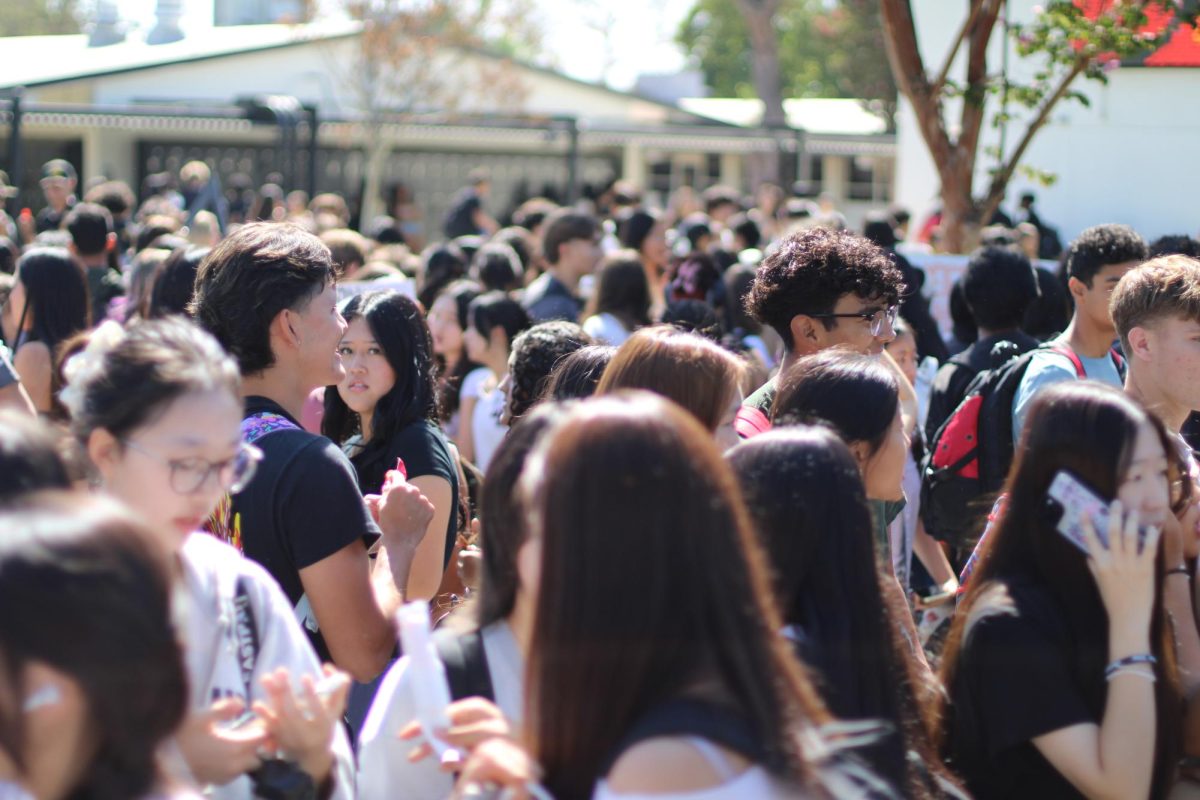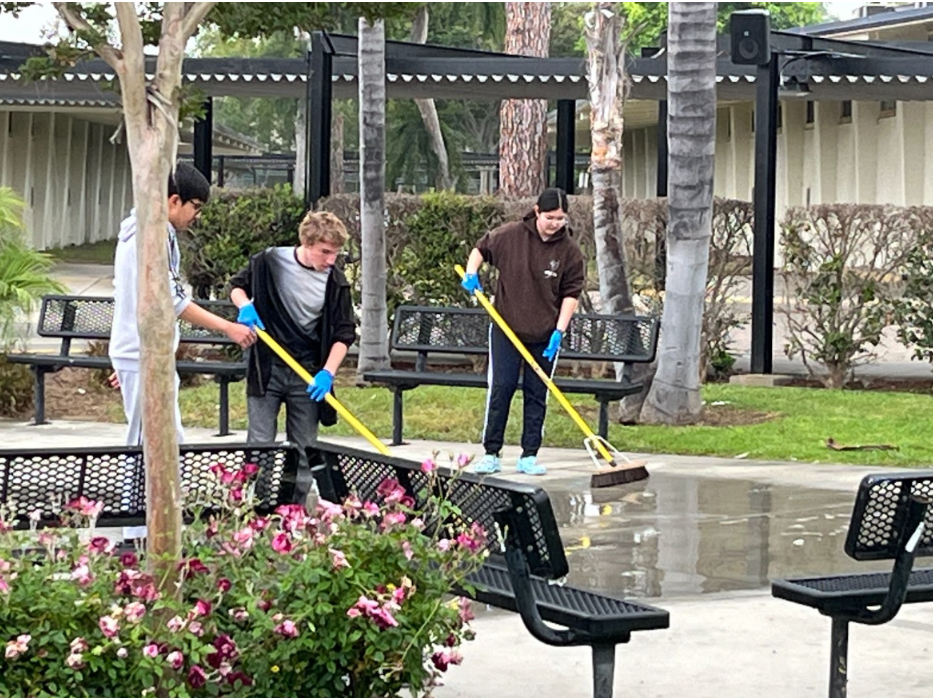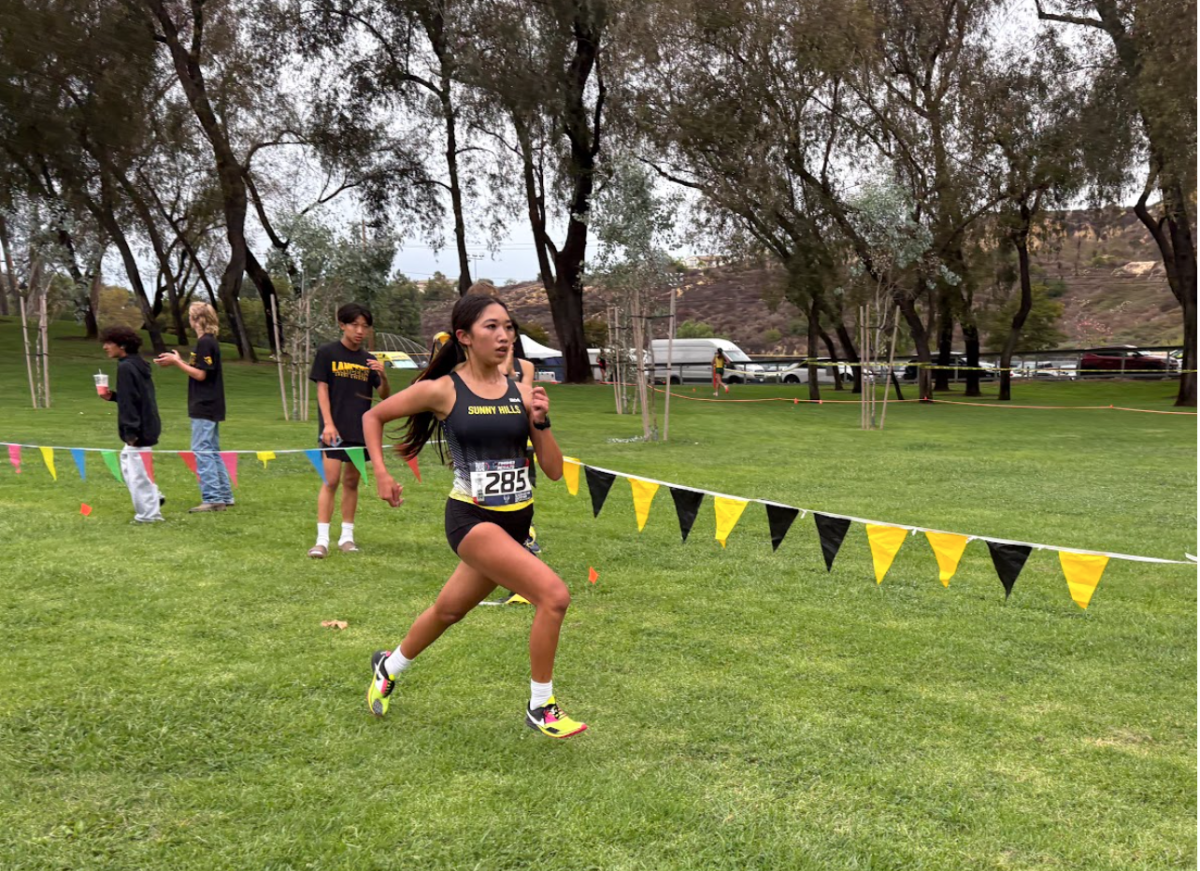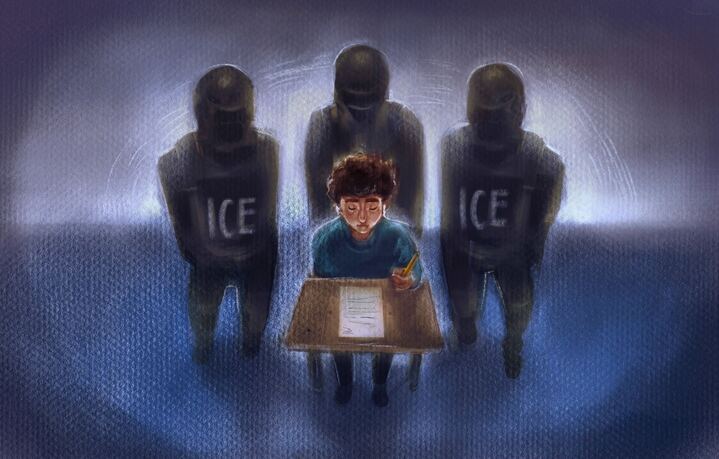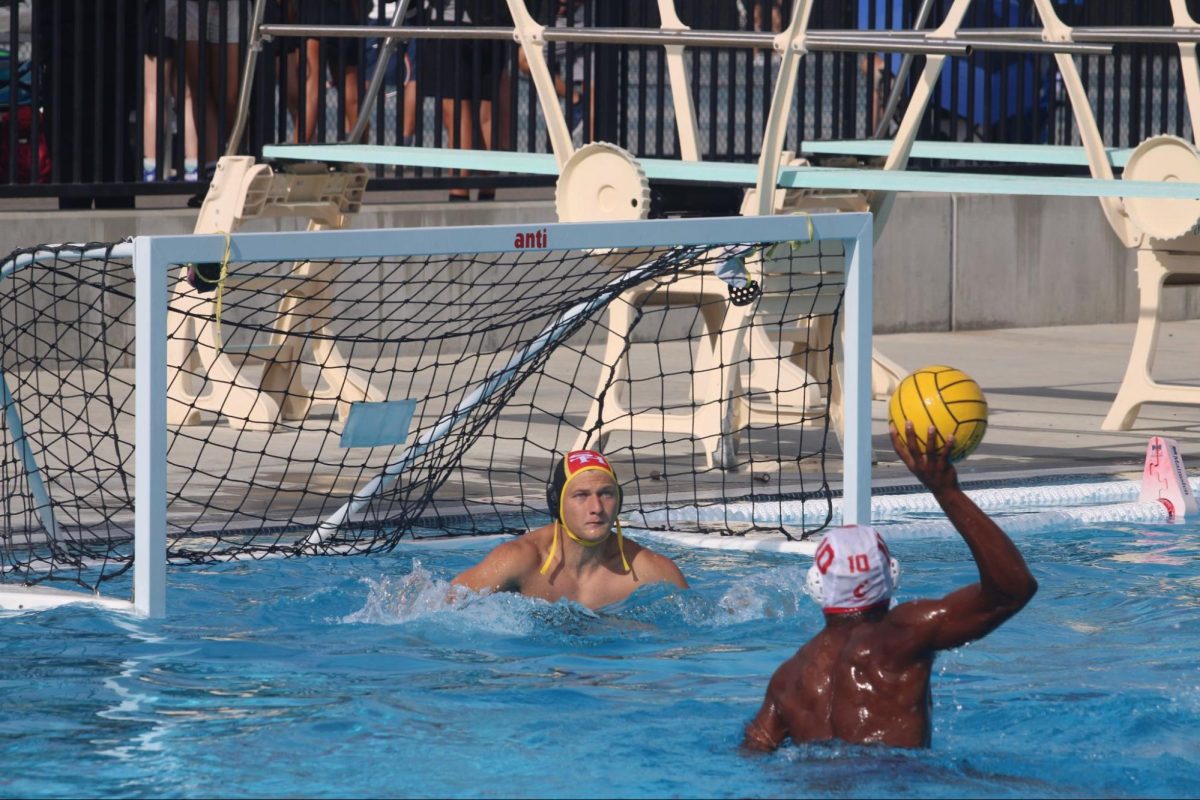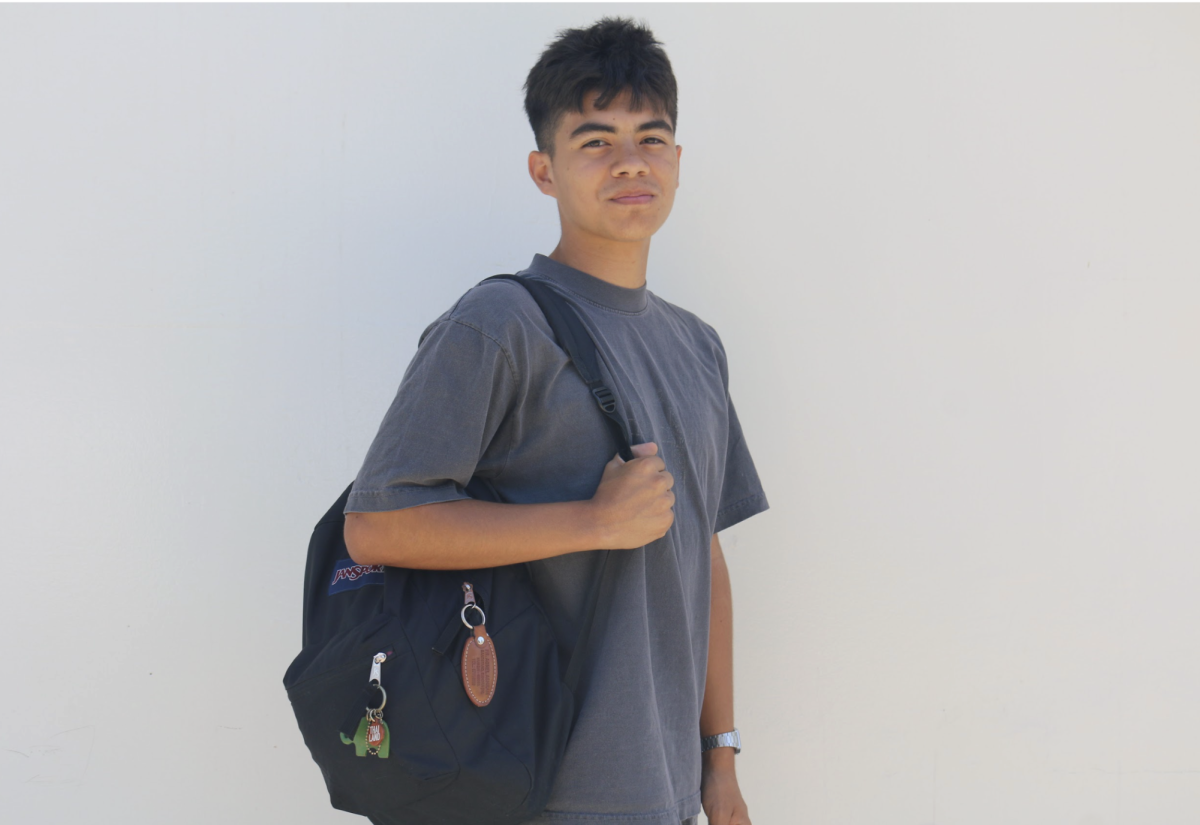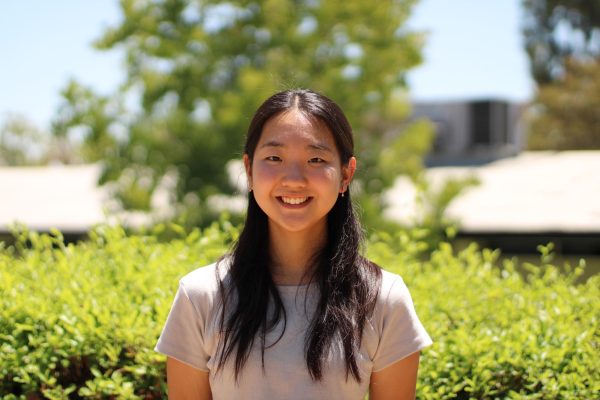While schools across California prepare to adopt phone policies, principal Craig Weinreich said Sunny Hills High School will implement little to no changes to its preexisting policies for the 2026-2027 school year.
State schools were informed they had until July 1, 2026, to develop and adopt phone usage policies following Governor Gavin Newsom’s passage of Assembly Bill [AB] 3216 on Sept. 23, 2024.
However, at Sunny Hills, which has been following these protocols since AB 272 in 2019, Weinreich said the current policy, which states that “electronic devices may only be used during non-class hours (e.g., nutrition and lunch) unless otherwise permitted,” is satisfactory.
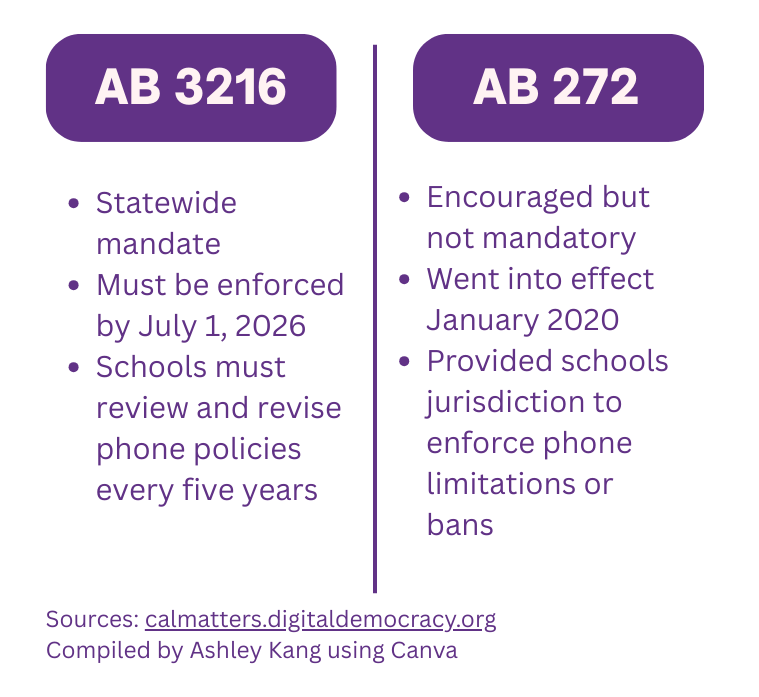
“We’ve already got a policy, whether it’s a phone jail or pocket, however they do it,” the principal said. “We think that our teachers in our district have adequate ways to handle phone distractions.”
Enacted to address academic interference and student mental health, AB 3216 — also referred to as the Phone-Free Schools Act — aims to improve social well-being among students.
“It’s important because there’s a lot of research behind just the anxiety of knowing the phone is close and knowing it creates,” Weinreich said. “I think it’s definitely beneficial because it helps us focus and helps us really to interact socially.”
While the administration has distributed phone pockets upon request since 2019, some teachers still prefer their methods of restricting student phone use.
English teacher Christina Zubko, who has locked cell phones in a “phone jail” since before COVID-19, said she noticed an increase in student involvement in her classes.
“We have magic in the classroom now,” Zubko said. “Students can focus, and I’ve actually had students thank me for locking them up.”
However, with the heightened use of personal laptops among the student body, she said restrictions may need to change in the future.
“Laptops have now become the new phone, because students can use chat platforms, and it’s easy for them to get distracted,” the English teacher said. “So, I think that [AB 3216] can be successful if schools also understand that the best policy is to just enforce the idea that students are to be on their school-issued laptops and stow their phones somewhere.”
On the other hand, math and world languages teacher June Lee said she has been utilizing phone pockets since being hired in 2023.
“When [students] have a phone on them, it’s hard to focus and pay attention,” Lee said. “I see a lot of students using Photomath, especially in math classes.”
In light of the new bill, the math teacher said AB 3216 is a step in the right direction for education.
“I feel very supported, and I think that is very needed for all of us,” she said. “Especially these days, even adults, we’re very addicted to phones and all these things, so I think this is a very good policy.”
Similarly, science teacher Mason Morris, who previously permitted phone use in class, said he enforced a new policy among his students this year.
“I used to let students use their phones quite often as a calculator or as a lab timer, but this year I made it so that they cannot have their phones out at all,” Morris said. “I thought that they were mature enough to handle it on their own and not have to worry about using their phones, but so many of them can’t keep from wanting to look at it all the time.”
While Weinreich said policies for the overall school won’t change, junior Zachary Tryon said he noticed a clear shift in student phone use on campus
“I definitely think the phone policies have changed,” Tryon said. “Because the first two years I was here, in almost half of my classes, I wasn’t putting my phone in the pockets, but this year, it changed to where I’m having to do it every single day in all my classes.”
While Tryon said AB 3216 has many benefits, he believes phones should not be completely confiscated.
“I think it’s a good bill because it helps students pay attention and learn in class instead of being distracted by their phones,” he said. “But then I also feel like they don’t have to be restricted the entire time in class, like once the teacher is done talking or teaching, [students] can get their phones instead of having to wait until the bell rings.”
Similarly, senior Nia Alexis Cambal said she noted an increase in phone restrictions on campus.
“Throughout my four years of high school, I’ve noticed that phone polices have become stricter,” Cambal said. “In my previous years, most of my classes didn’t require phone pockets, and students had more freedom with their devices.”
Reflecting on how phone restrictions affected her education on campus, the senior said she found herself more engaged in class when she put her device away.
“Personally, I’ve noticed that when my phone is out of reach, I can focus more efficiently and think critically about the material we’re learning about in class,” she said. “Sunny Hills should require phones to remain in pockets during lessons unless they need to be used for classwork.”
Likewise, junior Maya Dagim said teachers have begun applying more phone policies within classrooms.
“I think teachers have gotten more strict because there’s a lot of artificial intelligence that is accessible on your phones that isn’t accessible on your computers, especially your Chromebooks,” Dagim said.
While the junior said she understands why teachers may resort to restricting phone use via phone pockets, she believes students should still have more control over their devices.
“I think it’s really inconvenient,” she said. “Phone pockets aren’t bad, but I don’t think teachers should have the right to tell students what they should do with their phone; I think teachers should have the rule that you have to stay off your phone during class, but not to take your phone.”
Nevertheless, Weinreich said he sees many benefits in applying these measures.
“Like any other technology that comes in, you’ve got to have something with it,” Weinreich said. “You’re kind of always working through what works, and what doesn’t work, and how to make sure that students are staying engaged and able to be successful.”



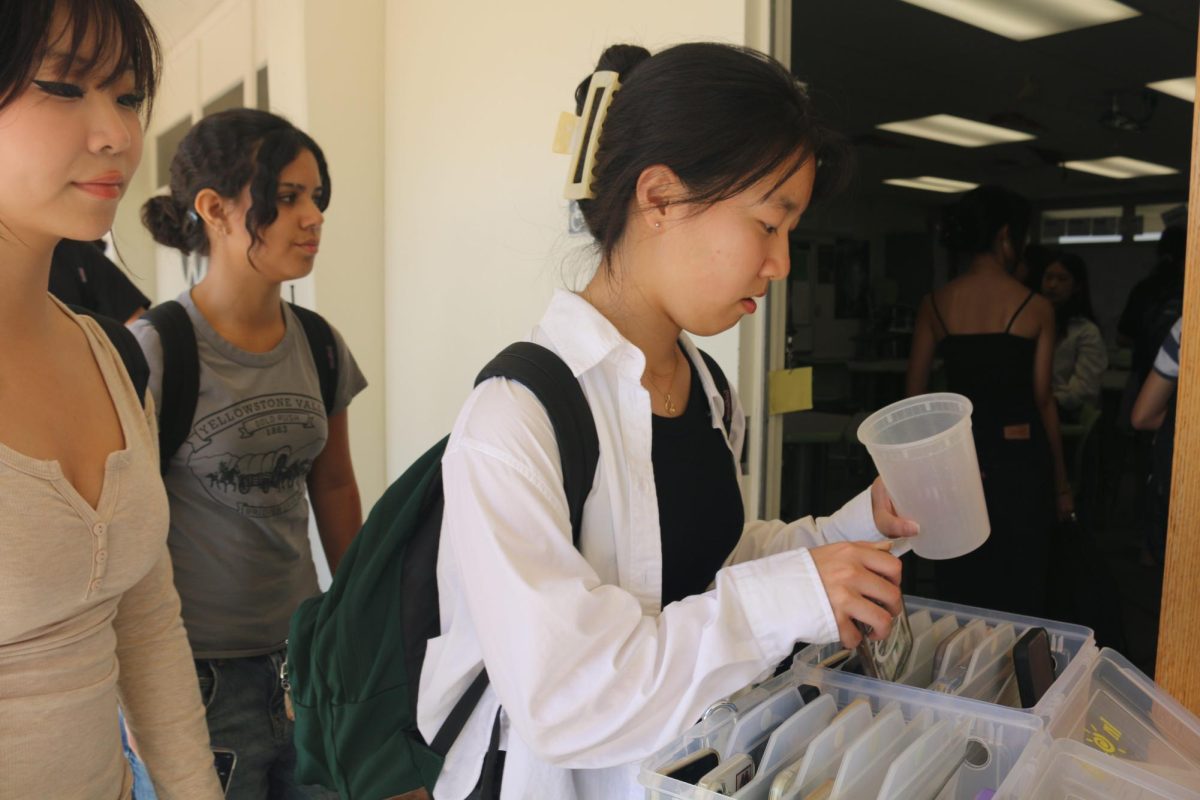

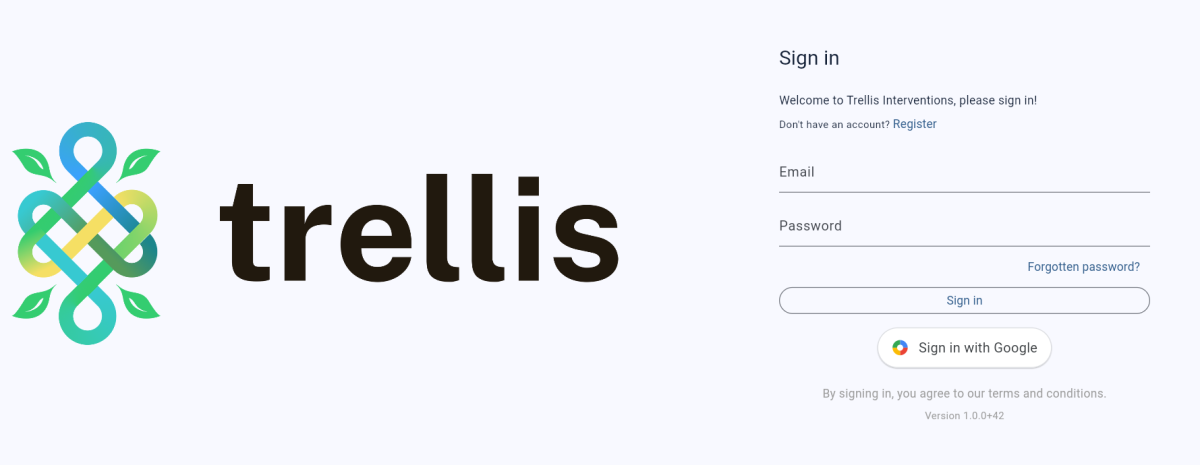
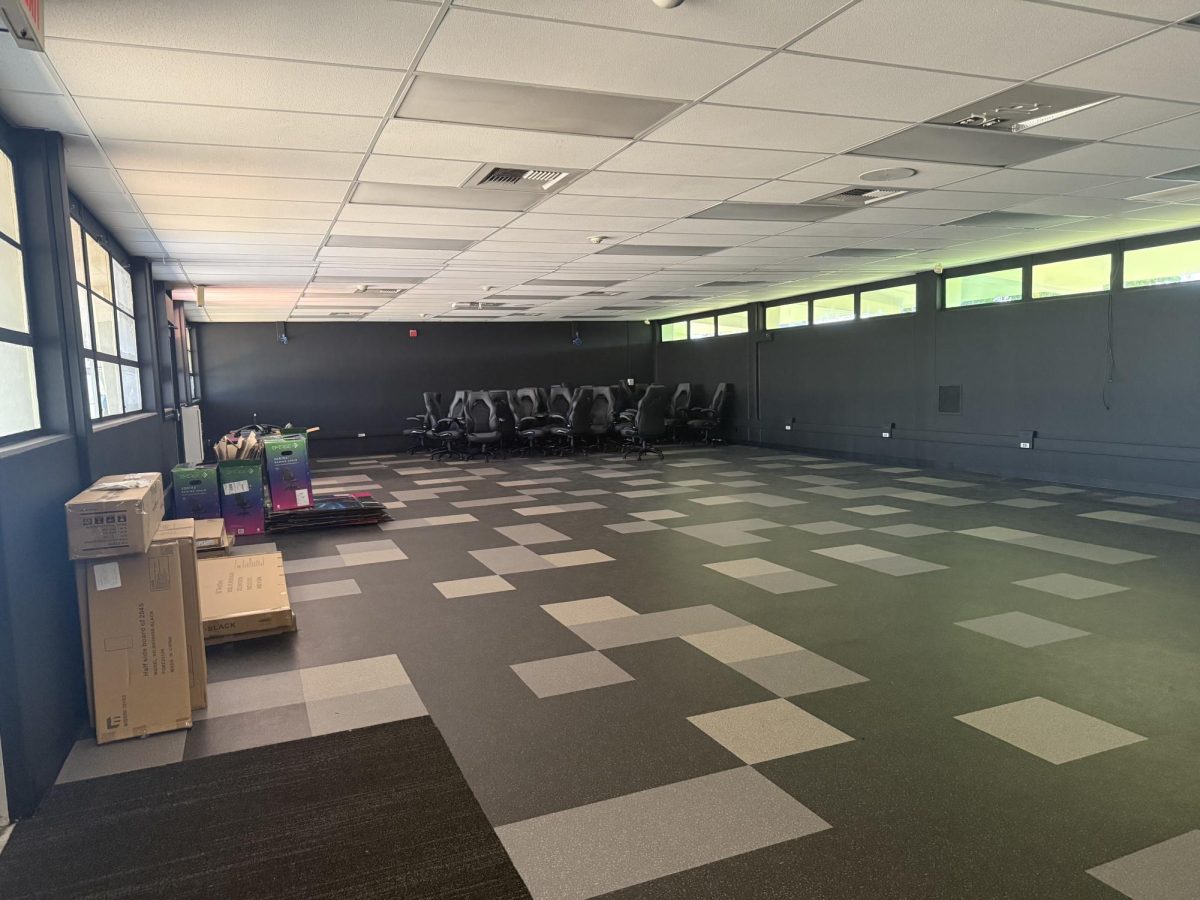
![Students and staff across the Fullerton Joint Union High School District [FJUHSD] received emails promoting a part time job offer with pay. The messages were set from compromised FJUHSD accounts.](https://shhsaccolade.com/wp-content/uploads/2025/09/image1-2-1200x527.png)
